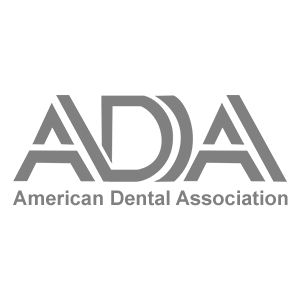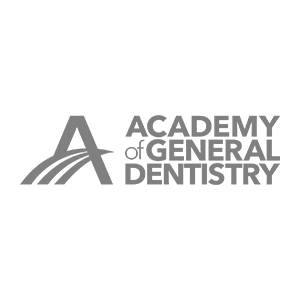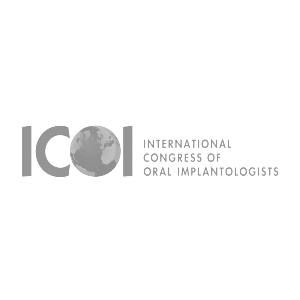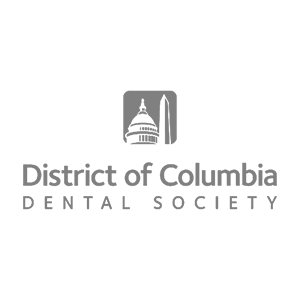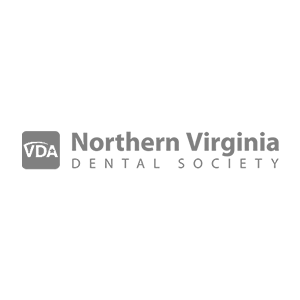nightguards
Is work or school stressing you out? You may be taking it out on your teeth through a condition called bruxism. Bruxism is characterized by the grinding of the teeth and is typically accompanied by the clenching of the jaw. Researchers classify bruxism as a habitual behavior, as well as a sleep disorder.
Protect your teeth from the damaging effects of bruxism.
Or call us at:
What Causes Bruxism?
helping Washington, DC clients with teeth grinding
Bruxism can have numerous causes, such as bite problems, stress, medical conditions or certain medications. One study links bruxism with factors including alcohol consumption, cigarette smoking, caffeine, sleep apnea, snoring and fatigue as well, according to the National Sleep Foundation.
What Are Signs and Symptoms of Bruxism?
The symptoms of bruxism vary and can include:
Diagnosing Bruxism
The patient often becomes aware of the condition during a routine dental
examination. Your dentist will be able to recognize the signs of bruxism and may even suggest further analysis, such as recommending an overnight stay at a sleep laboratory. Most people with bruxism are not aware of the condition, and approximately 5 percent develop symptoms (such as jaw pain and headaches) that require treatment.
How Is Bruxism Treated?
If left untreated, bruxism eventually shortens and blunts teeth and causes tooth sensitivity, notching of the teeth at the gum lines, and fractures. Bruxism also can lead to facial muscle pain and
TMD. In severe chronic cases, it can lead to arthritis of the temporomandibular joints. Treatments can include mouthguards, bite adjustments, biofeedback devices and repair of damaged teeth.
How To Minimize Teeth Grinding at Night
There are steps you can take to prevent bruxism at night, including:
Contact Us for Bruxism Treatment
If you’re experiencing bruxism symptoms, or if you’re told that you seem to be grinding your teeth during the night,
contact us for relief. Our team has over 10
years of experience in helping patients manage and minimize their bruxism, and we’d love to help you too. Reach out to schedule an appointment today to get started!
RELATEd SERVICES
why choose DC Implant & Cosmetic Dentistry
SERVING THE WASHINGTON DC AREA SINCE 2017
At DC Implant & Cosmetic Dentistry, we offer comprehensive and personalized dental care tailored to each patient’s individual needs. Our team is dedicated to providing you with the highest quality of care using state-of-the-art techniques and technologies. We are committed to providing safe, effective treatments that will help you achieve a healthier, more beautiful smile.

Award-Winning Dentist
Over 10 Years of Experience

200+ 5 Star Google Reviews

Emergency Care Available

State-of-the-Art Equipment
Free On-Site Parking Spots
online reviews
what patients are saying
DC Implant & Cosmetic Dentistry provides patients with exceptional dental care. Our experienced dentists and staff strive to ensure that each visit is a pleasant experience. We are proud of the relationships we have established with our patients over the years and thank them for their loyalty and trust. To see what our current patients have to say about our comprehensive dental services, check out our reviews!

